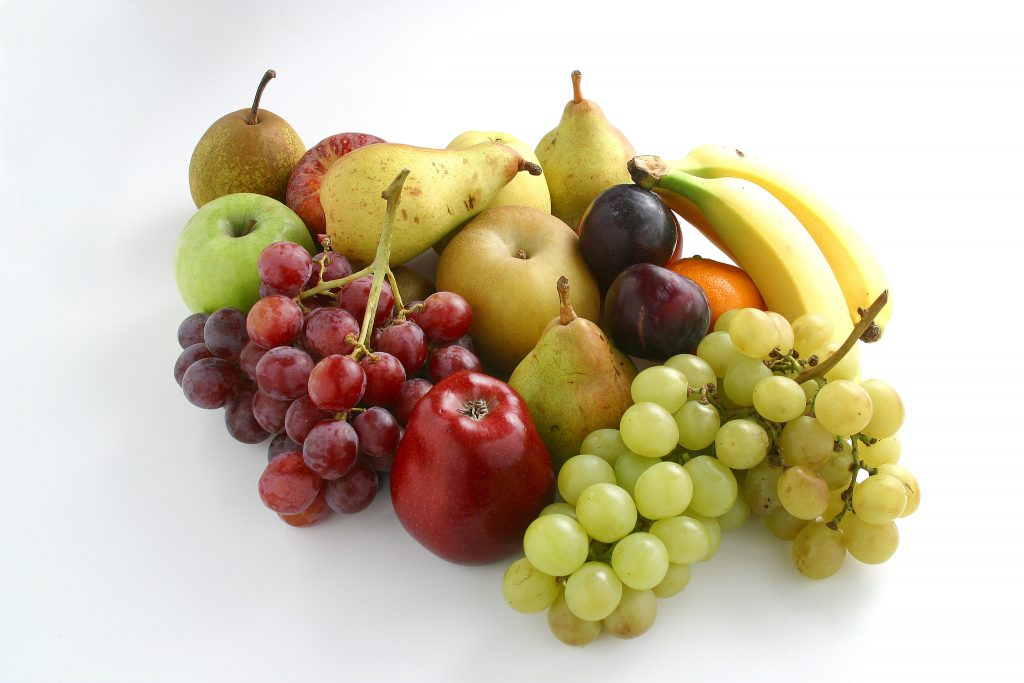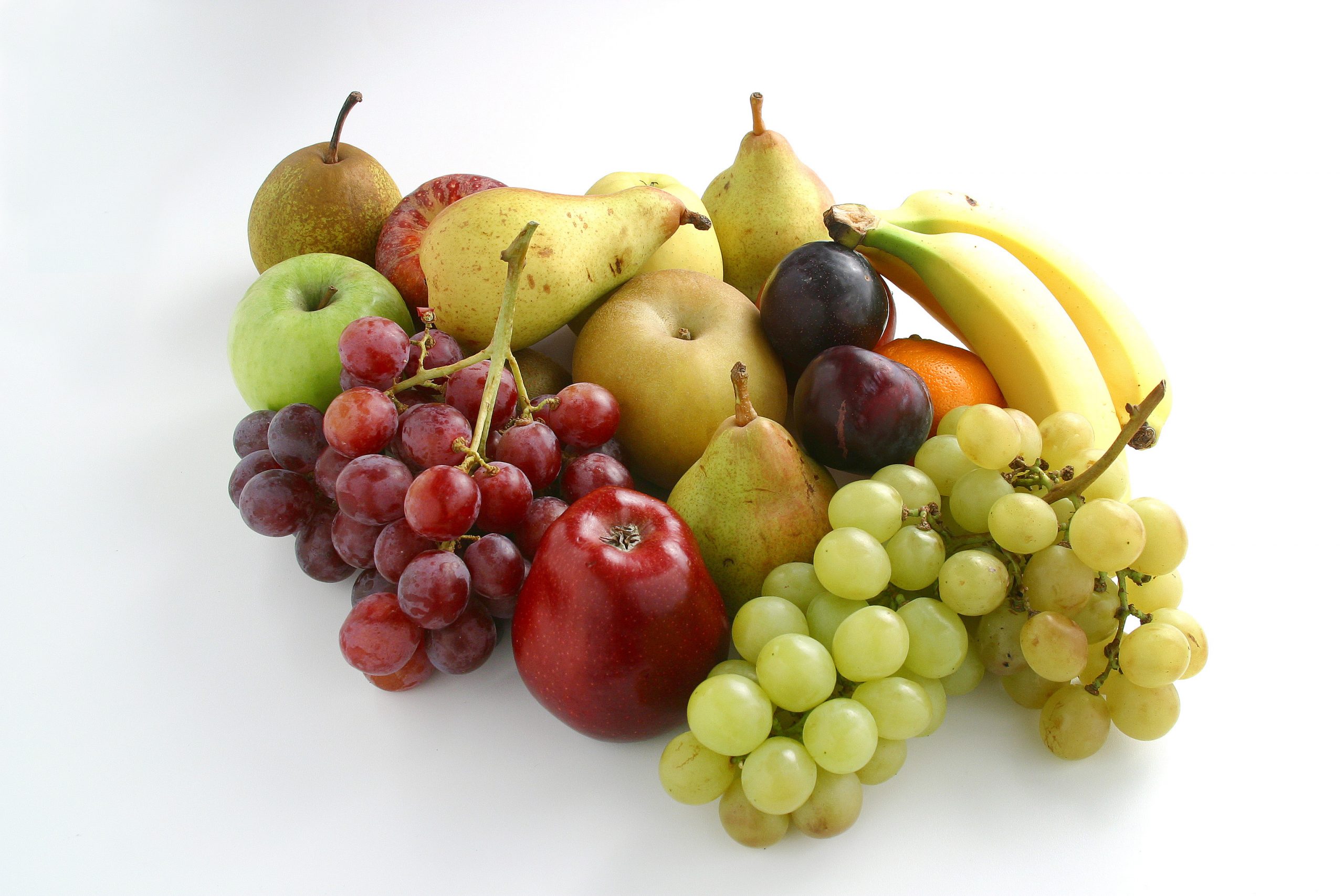Chilean fruit exports to China decimated
Chile’s fruit exporters association (ASOEX) has estimated the losses to the country’s exports to China at close to US$100 million. This news was announced at the second meeting of the public-private table where the effects of the coronavirus on Chilean exports to China were analysed. The meeting included chaired the Minister of Foreign Relations, Rodrigo Yañez and the President of the Association of Fruit Exporters of Chile AG (ASOEX), Ronald Bown Fernández.
“After the end of the Chinese New Year celebrations, there were expectations of a revival in trade. However, on Monday, February 10, only 68 containers of cherries were sold. While in total, during the first 48 hours of operations in the wholesale markets in Shanghai, Guangzhou, Beijing and others, only 249 containers of the existing fruit stock in the chain were sold, estimated at 1,500 containers of cherries,” said the President of ASOEX. He added: “The first sales prices have been lower than expected, also in relation to the values reached before the Chinese New Year. We believe that if the current trend were maintained, lower revenues could be projected for the cherry export sector of between US$70 and 80 million. But if we add other fruit species to this, we could reach losses of about US$100 million. However, this could vary depending on how the situation develops. So, we are constantly evaluating the market and conversing with our representatives in China.”
There is also concern about the fruit in transit to China, estimated at 1,600 containers, whose expected arrival dates are between now and March 15. These shipments contain about 59 containers of blueberries, 173 containers of cherries, 872 containers of plums, 387 containers of nectarines, 30 containers of avocados and 134 containers of table grapes.
The Chilean fruit export industry has adapted its export promotion strategy in China, which includes facilitating the consumption of the basket of fruits exported by Chile, including cherries, blueberries, peas and table grapes, to highlight their nutritional benefits. The consumption of fruits will be promoted via online media and in retail chains and the sector will continue to donate fresh fruit to clinics and health centres. The first delivery will consist of 1,000 1.5 kg boxes of blueberries, donated to the lung hospital of Shanghai.




